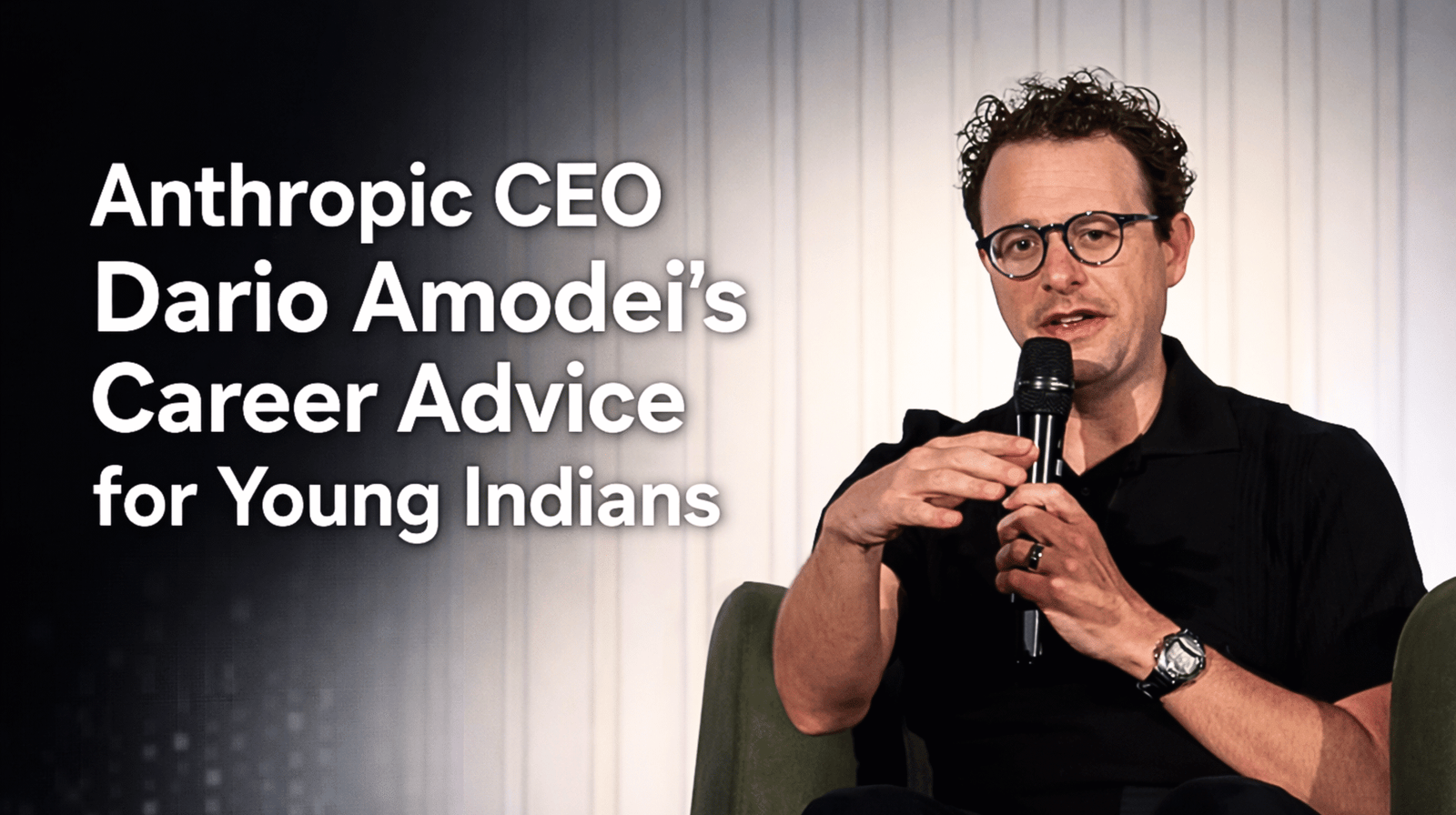If you have a passion for storytelling, a vivid imagination, and a love for language, a career in creative writing might be the perfect path. Creative writers use words to entertain, inspire, and connect with audiences on an emotional level. From novels and poetry to screenplays and blogs, the possibilities are endless.
While building a career as a creative writer can be challenging, it’s also one of the most fulfilling pursuits for those who live to write.
What Is Creative Writing?
Creative writing goes beyond informational or technical content. It focuses on original expression and storytelling. Creative writers craft narratives, characters, and dialogues that captivate readers.
Common forms of creative writing include:
- Fiction (novels, short stories, flash fiction)
- Poetry
- Scripts and screenplays
- Memoirs and autobiographies
- Personal essays and creative nonfiction
- Blogging and storytelling for brands
Unlike traditional content writing or journalism, creative writing is centered on artistic freedom and emotional resonance.
Why Choose a Career in Creative Writing?
✅ Artistic Freedom
Creative writing allows you to express your voice, ideas, and worldview through storytelling.
✅ Versatile Career Options
Creative writers can work as novelists, poets, screenwriters, copywriters, content creators, or educators. Many blend roles to diversify income.
✅ Remote and Freelance Flexibility
Many creative writers work independently or freelance, giving you the freedom to write from anywhere.
✅ Opportunities for Publication and Recognition
With self-publishing, digital magazines, and indie platforms, writers now have more avenues to get their work seen and appreciated.
How to Become a Creative Writer
There is no one-size-fits-all path, but here are steps to get started:
1. Practice Writing Regularly
Write daily or weekly. Try different genres. Keep a journal. Writing is a craft—and like any craft, it improves with practice.
2. Study Creative Writing
Take online courses or workshops to learn story structure, character development, and literary techniques. Degrees in English or creative writing can help but aren’t required.
3. Read Widely
Reading helps you understand narrative style, structure, and tone. Read across genres and cultures to broaden your perspective.
4. Build a Portfolio
Start a blog, publish short stories in online magazines, or share poetry on social media. Submit work to writing contests or literary journals.
5. Join Writing Communities
Engage with other writers through forums, critique groups, and workshops. Feedback and networking are essential for growth.
Creative Writing Career Paths
- Author (Fiction/Nonfiction)
- Poet
- Screenwriter/Playwright
- Blogger or Essayist
- Creative Writing Instructor
- Freelance Creative Writer
- Ghostwriter
Some creative writers also work in adjacent roles like editing, publishing, or content strategy.
Useful Resources for Aspiring Creative Writers
- Poets & Writers – Publishing tips, contests, and calls for submissions
- Reedsy – Tools for authors and access to freelance editors
- NaNoWriMo – Annual novel-writing challenge with global community
- Grammarly – Writing assistant for grammar and clarity
- Scribophile – Online writing workshop and critique community
- The Write Life – Career advice and resources for writers
- Coursera / Skillshare – Creative writing courses from top instructors
Final Thoughts
A career in creative writing isn’t always conventional, but it’s deeply rewarding. It requires persistence, passion, and constant improvement. Whether you dream of publishing a novel, writing for theater, or telling powerful personal stories, the world needs voices like yours.
With the right mindset, resources, and a touch of bold creativity, your writing can become more than just a passion—it can become your profession.
Disclaimer
This blog is intended for informational purposes only. Career success in creative writing varies widely based on individual skill, market demand, and commitment. Income and job opportunities may differ by location and niche. Please do your own research and consult professionals when planning your career.









